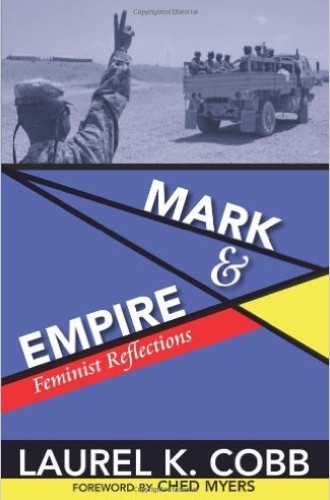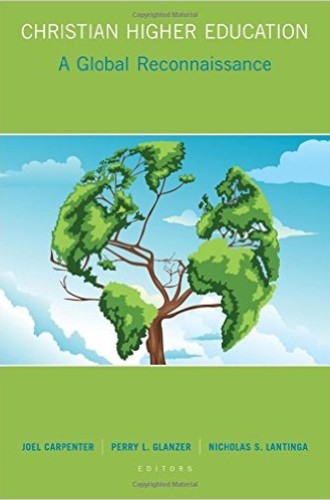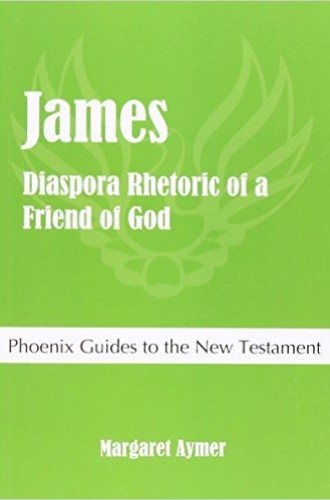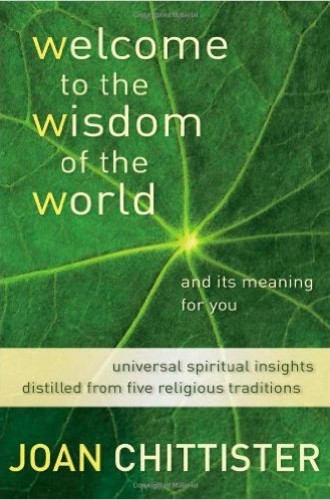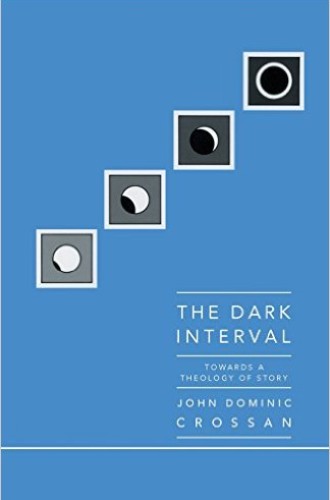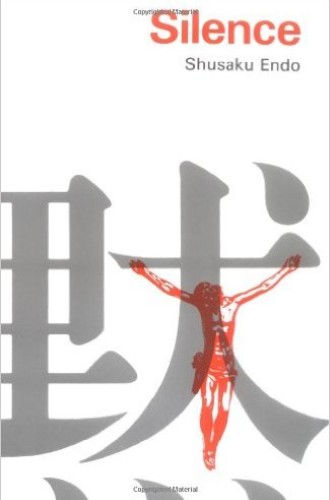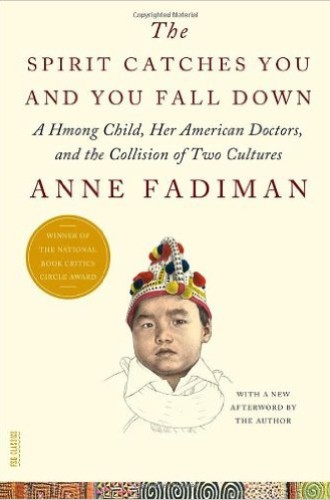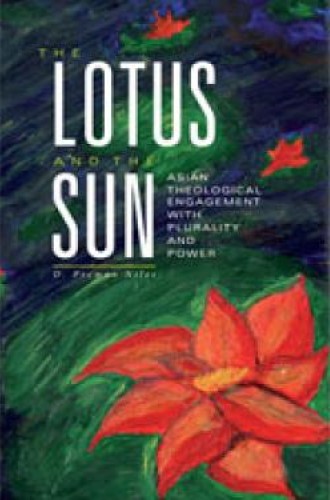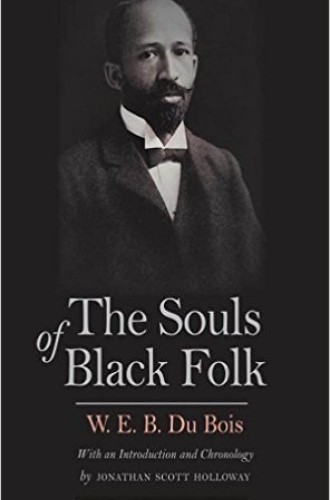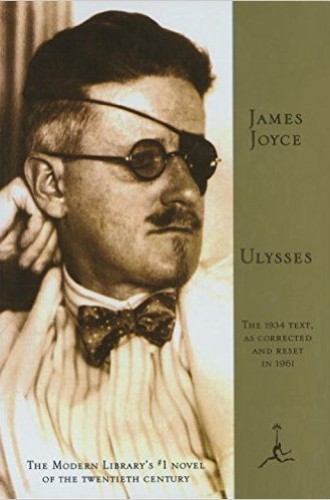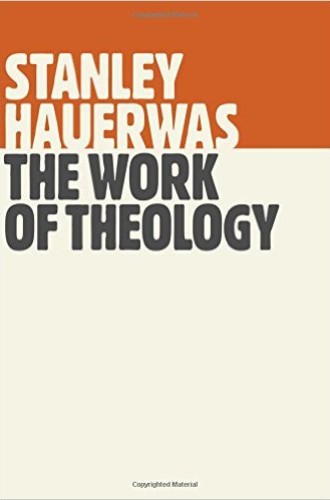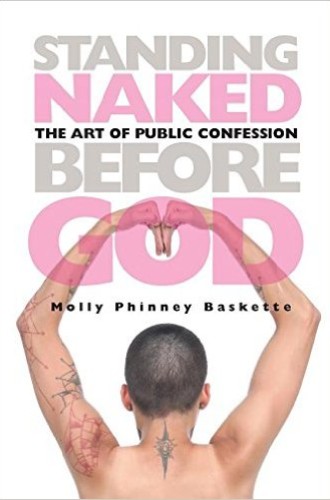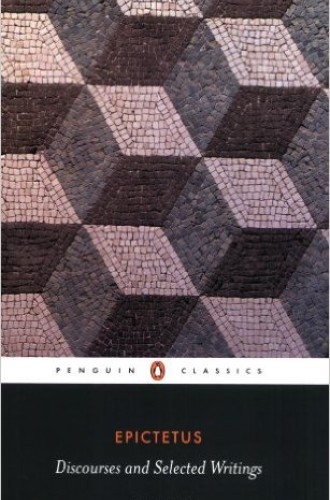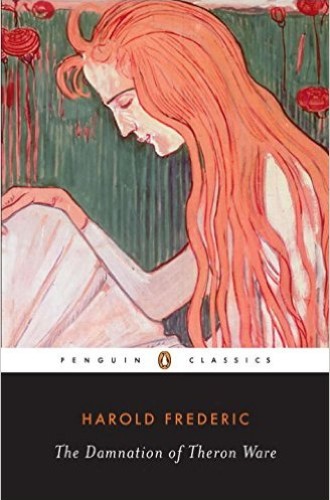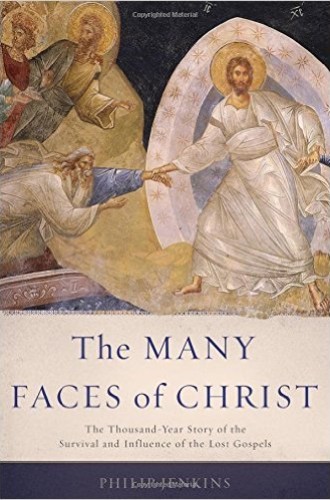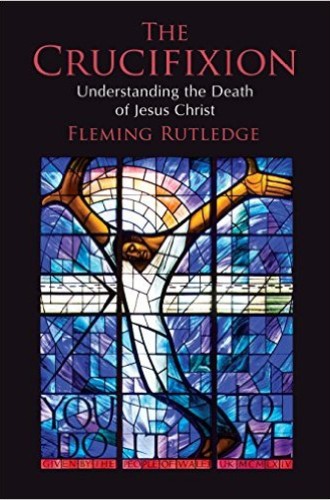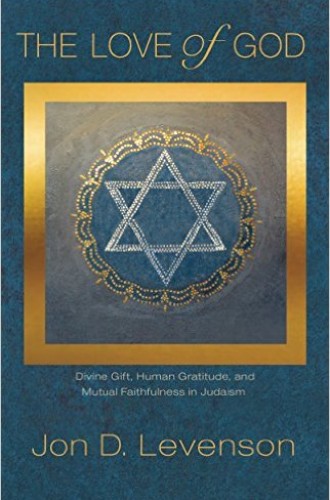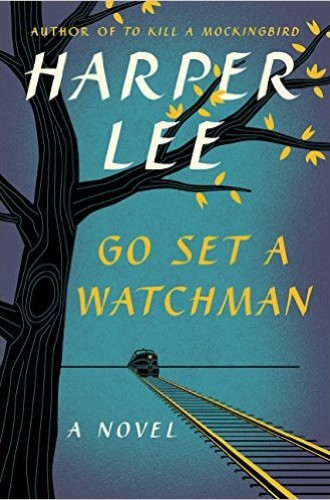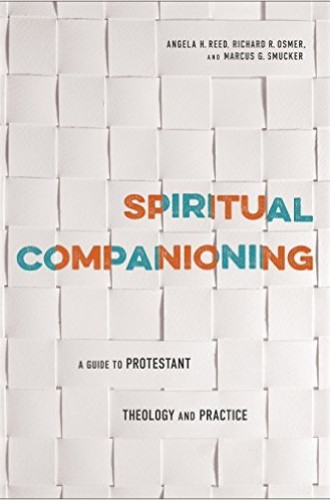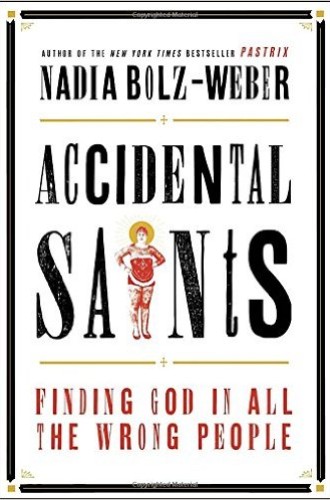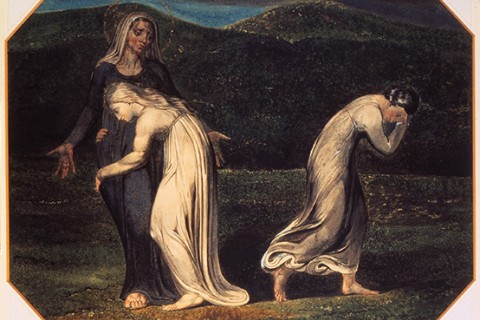Features
Take & read: Fall books
A book I like to teach
Books that transform: Eerdmans editor Jon Pott
Fall books: Reviews
Books

Take & read: Fall books
Our fall books issue includes scholars' recommendations of the best recently published books in New Testament, global Christianity and American religious history, and practical theology.
Practical theology
Global Christianity & American religious history
New Testament
Welcome to the Wisdom of the World and Its Meaning for You, by Joan Chittister
The Dark Interval, by John Dominic Crossan
Unexpected ancestors
Few secrets are as devastating as those that make us rethink our identity. Heidi Neumark discovered one when her daughter Googled their name.
Silence, by Shusaku Endo
The Spirit Catches You and You Fall Down, by Anne Fadiman
The Lotus and the Sun, by D. Preman Niles
Hayy ibn Yaqzan, by Ibn Tufayl

Fall books: Reviews
Our fall books issue's reviews include Anthony B. Robinson on Fleming Rutledge, Sarah Morice Brubaker on Stanley Hauerwas, Valerie Weaver-Zercher on Nadia Bolz-Weber, and more.
The Souls of Black Folk, by W. E. B. Du Bois
Ulysses, by James Joyce
The Work of Theology, by Stanley Hauerwas
Longtime Hauerwas readers will not be surprised to hear that his new book is maddening—nor that some of the most maddening aspects are also the most rewarding.
Standing Naked Before God, by Molly Phinney Baskette
Molly Phinney Baskette's book is not a robust example of the Christian practice of confession. But she does offer a glimpse into the life of a church that is thriving against the odds.
Discourses and Selected Writings, by Epictetus
The Damnation of Theron Ware, by Harold Frederic
The Many Faces of Christ, by Philip Jenkins
Phil Jenkins's abundant evidence gives lie to the traditional assumption that all but the four canonical Gospels were effectively squelched in the fourth century.
Crux of the matter
Fleming Rutledge's magnum opus is many things: a look at the ways the death of Christ has been interpreted, an argument that the how of his death matters, and a protest against Christianity-light.
The Love of God, by Jon D. Levenson
Jon Levenson's new book reflects on the theme of the love of God in the Hebrew Bible. The three components of his subtitle suggest the range and depth of his exposition.
Harper Lee, then and now
Yes, Go Set a Watchman has its problems; yes, it needed an editor. Yet one senses that this fiction has grown out of a life lived.
Spiritual Companioning, by Angela H. Reed, Richard R. Osmer, and Marcus G. Smucker
The authors of Spiritual Companioning suggest a way forward for those disenchanted with polite, shallow church relationships.
Accidental Saints, by Nadia Bolz-Weber
Readers who found Pastrix to be a long, cool drink will find more refreshment here. Those who have tired of Nadia Bolz-Weber's cranky schtick will tire of it here as well.








